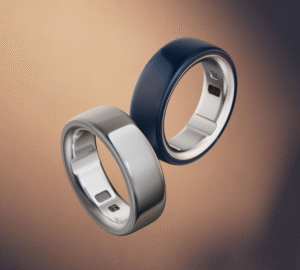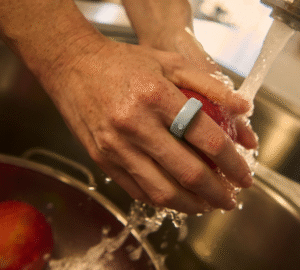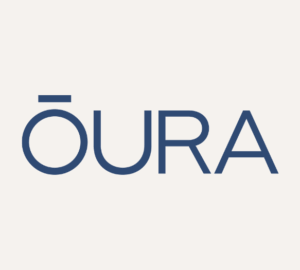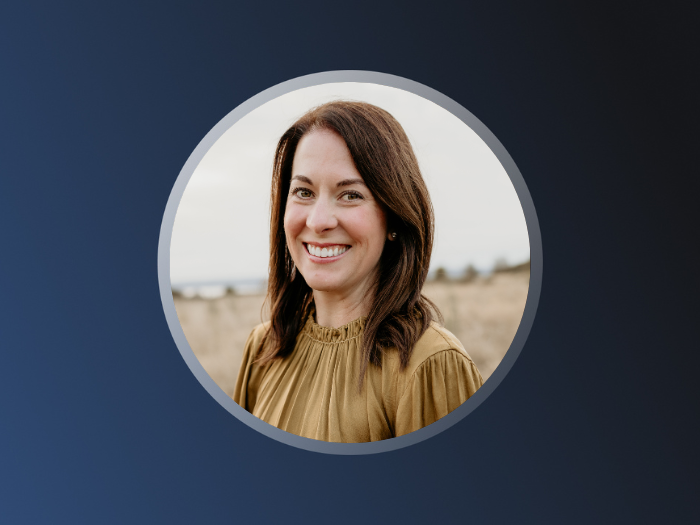Who: Stephanie B., 42, Seattle
Surprising Oura insight: Stephanie uses acupuncture as part of her integrative cancer care, and noticed that it consistently increases her Sleep Score. This was an unexpected signal that her body was responding well to it.
What led you to Oura?
I’ve always been interested in health and wellness and have been an active person, so getting Oura Ring was an obvious choice. My husband was an early adopter of Oura, having gotten the Gen1 ring after getting diagnosed with an arthritic hip. This caused him to sleep very poorly due to the pain, so he used Oura to learn how to improve his sleep.
One year after joining Oura, I was diagnosed with stage three colorectal cancer. This was intense news to process, especially because I have taken such care of my health. My relationship with Oura changed. I went from enjoying the insights to heavily relying on them.
| I went from enjoying the insights to heavily relying on them. |
How did you move forward with your diagnosis?
When I got my diagnosis, it was time to take a serious look at my habits. Despite being healthy, I realized that I didn’t prioritize rest. It was common for me to end the day late with a glass of wine before bed, having not stopped the entire day. It was time for me to focus on recovery so that my body could work on healing.
I started researching everything I possibly could about healing and decided to work with a naturopathic oncologist alongside a conventional medical team. So in addition to my four rounds of chemotherapy and five weeks of localized pelvic radiation, I use saunas, cold exposure, hypnotherapy, acupuncture, red light therapy, prioritize sleep, continuous glucose monitoring (CGM), and eat a largely ketogenic diet, plus fasting – I’d do a three-day fast before each chemo cycle – and so much more.
I wanted to reset my body and viewed my diagnosis as a challenge to beat cancer and prevent it from ever returning. But doing all these things and not knowing how my body is responding is pretty pointless. That’s where Oura came in.
READ MORE: Oura Now Integrates with Continuous Glucose Monitors (CGMs)
How have you used Oura throughout your diagnosis and treatment?
With so many shifts happening in my body, Oura has become an important data point to pay attention to. I log every time I use one of these alternative treatments. I map it out to see how it affects my Sleep Score, Readiness Score, heart rate, heart rate variability (HRV), and my overall well-being. I follow my Readiness Score and temperature changes, in particular, to know what my body needs and when to pull back.
For instance, I noticed on the days that I had acupuncture, my body would shift into a rest state, boosting my Sleep Score.
During this process, I’ve also lost my menstrual cycle and have become perimenopausal. I was using the period prediction feature on Cycle Insights and started to notice my menstrual cycles went from 30 days to 42-day cycles. I’ve been able to go back on this data and see how my menstrual cycle has declined over time. This has been really useful.
I’m still staying active – I track my heart rate while running or using a stationary bike, and make sure my Activity Score is well-balanced. My body is fighting cancer, so I still don’t want to overdo it.
I started a Facebook group for other people with colorectal cancer, and for my friends and family who want to stay up-to-date with my journey. On the page, I share updates from my treatments (both conventional and alternative), relying heavily on my Oura data to show how they’re helping me.
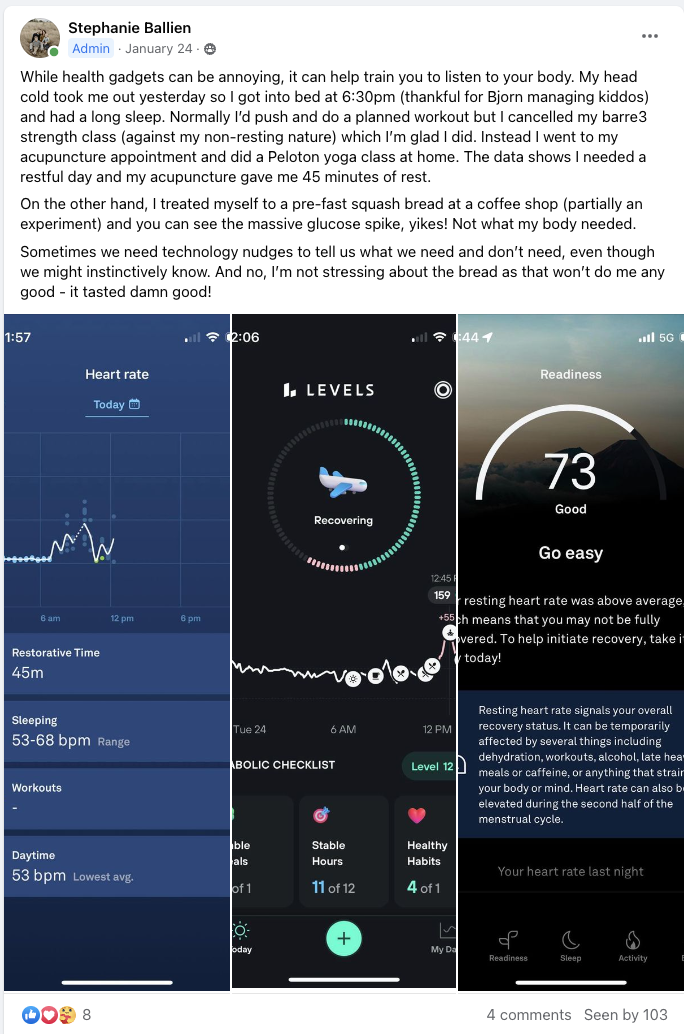
Overall, Oura has provided me with an amazing source of information through this process. It has kept me accountable, but more so, it has helped me understand what’s going on inside my body and how it’s reacting to my treatments.
| Doing all these things and not knowing how my body is responding is pretty pointless. That’s where Oura came in. |
Where are you in your cancer journey now?
I’m pleased to report that the initial chemotherapy seems to have worked well – the doctors were very surprised by the level of the response, which, given my type and stage of cancer, happens less than 10 percent of the time. I attribute this to my integrated approach, which I’ll continue as the remainder of my treatment plan is determined.
My goal, short and long-term, is to heal and optimize my health. For people who have had cancer, they know it’s a forever thing. I’m always going to be aware that it can come back. That’s why I’ve made my healing part of my identity, and I’m okay with that. I’m proud of the people I’ve helped by sharing my protocols – I feel like this has become my calling.
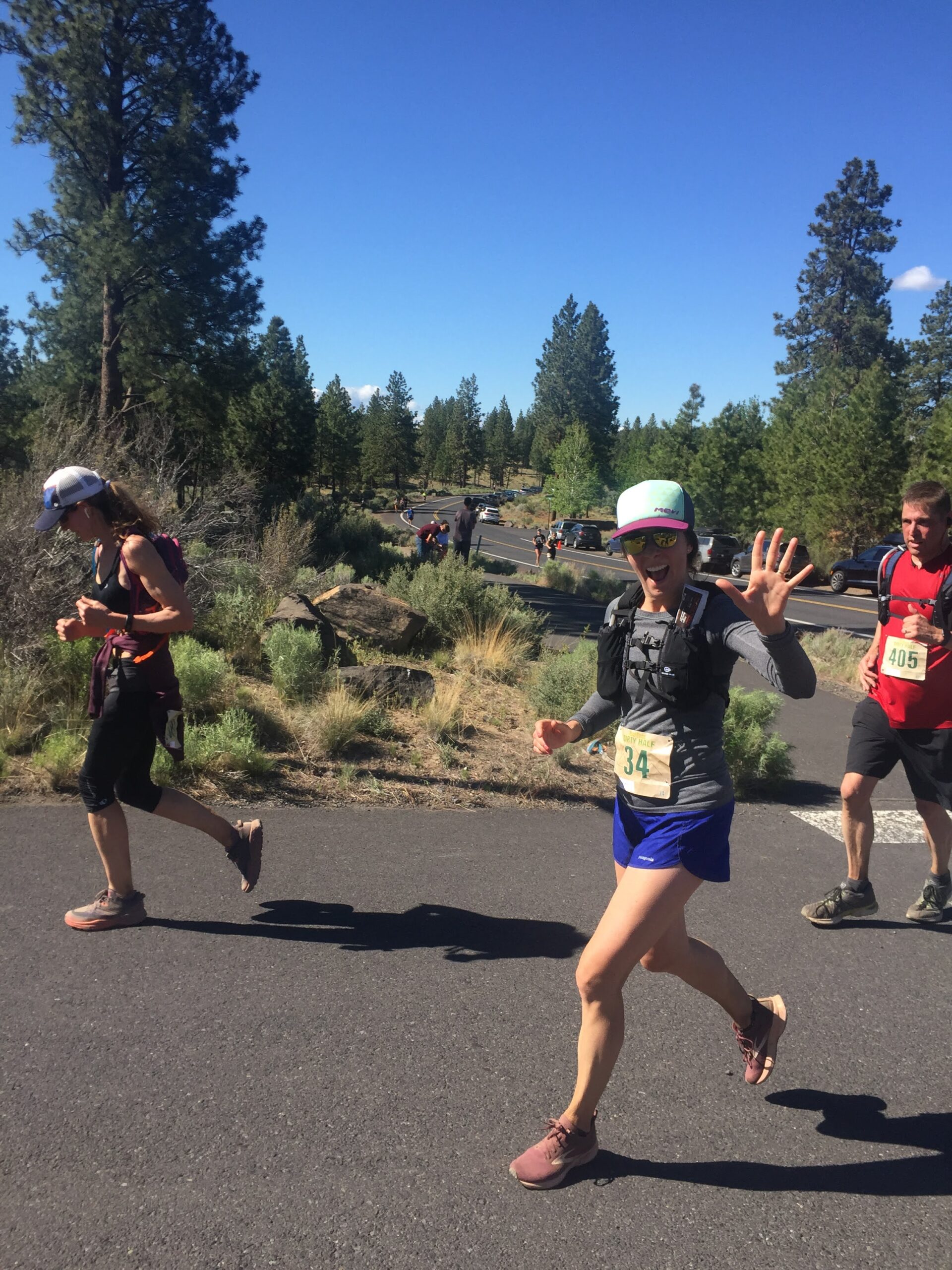
There are fantastic, effective tools out there, like Oura, to help you understand what’s going on inside your body. And I want to spread the word!
READ MORE: Using Oura to Listen to Your Body
What advice would you give someone who may be in your position?
We’re all afraid of getting cancer, and that’s because it seems like something that is beyond our control. But the truth is, we do have a lot of control over our health. It starts with how we sleep and what we eat, and it goes up from there. Our bodies are capable of reversing significant ailments.
Using Oura has given me the power to feel in control of my body – to see how the inputs affect the outputs. I’m not waiting around for my doctor to tell me what to do—I’m taking charge of my health.
RELATED: Oura Helped Carolyn D. Visualize Her Recovery from a Major Medical Procedure
What’s Your Oura Story?
Everyone’s story is unique, and we’d love to hear yours. Share your story here.







